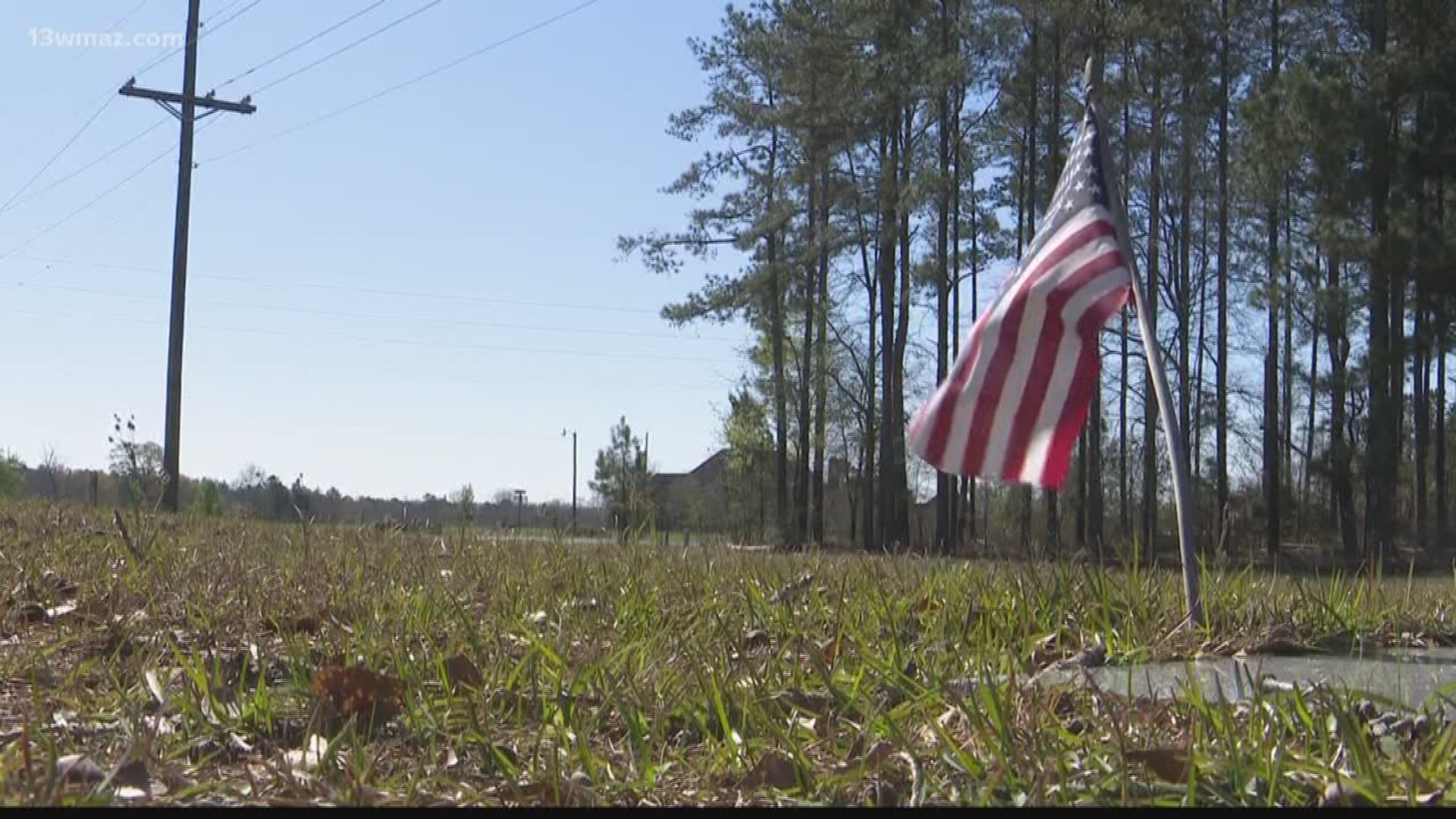It's got a Walgreens and an Ace, a McDonald's and a Starbucks.
Gray, Georgia sits less than fifteen miles from Macon, but for some, it sometimes feels like it's way out in the country.
"The first three months I was working here, I wasn't getting anything done," said Robyn Brennaman.
Brennaman works from home full-time as a human resources recruiter. Even though she she says she pays for broadband DSL from Windstream, her internet was holding her back.
"Do you remember dial-up? And the page would just slowly kind of load? I mean, that was the situation we were working with here," said Brennaman.
She says her job requires her to use the internet constantly to communicate with job candidates. She finally started boosting her speeds with a cell signal hotspot that's allowed her to work from home, but she says she's hardly the only person in her neighborhood to struggle with internet speed.
"We could go on for days to just list the families and frustrations," she said.
Her husband Paul is the neighborhood homeowner's association president. He says the neighborhood got a speed boost about a year ago, but he says the speeds in his house didn't increase much.
"When you're kinda at the end of the line, you do kinda get probably the slower speeds," he said.
That's tough to fix. When you log on to the internet at home, the signal travels from your device to your modem into underground wires that run to an electronic switcher known as a DSLAM. That switcher then then sends the signal on its way to your desired IP address.
The issue for people like the Brennamans is that in their neighborhood, like in many others, those underground wires are made of copper -- a material that can cause speeds to drop the further they travel from the device to the DSLAM.
They can be upgraded to fiber, which isn't distance sensitive, Windstream's Georgia president of operations J. Berkshire says upgrading the lines can be expensive.
"If we have to go back in there and reinforce something or change that from a copper to an optical footprint, it's much more costly," said Berkshire.
He says those costs are tougher for the company to absorb where customers live far apart.
"The further out into rural areas you go," said Berkshire, "the more spread out the customer base, is the more expensive it gets to deploy faster speeds."
He says it becomes a supply and demand issue: in rural areas, there sometimes aren't enough paying customers to offset the cost of the upgrade.
Those upgraded speeds haven't yet reached the Brennamans, which means for now, they're stuck with what they've got.
A bill aimed at expanding broadband access in Georgia, known as the ACE Act, was passed by the legislature and currently awaits Governor Deal's signature.

